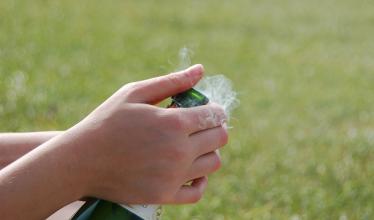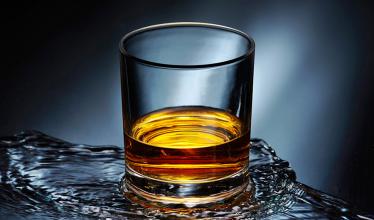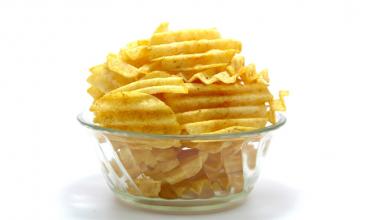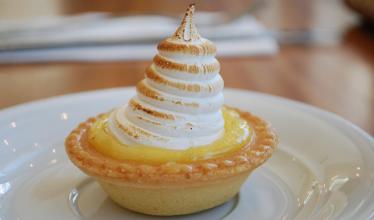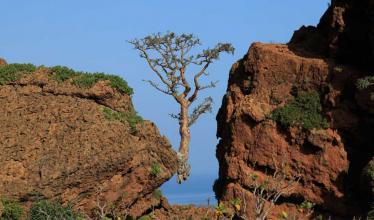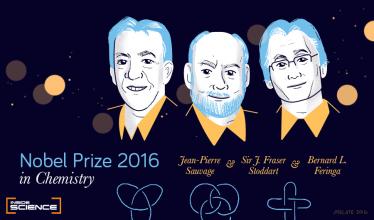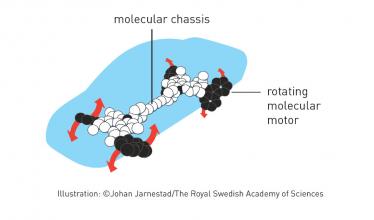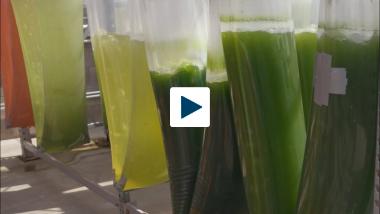Chemistry
The temperature at which champagne is stored determines what comes out of the bottle.
Dilution may make flavors more readily available to be savored.
Chemical signatures in penguin tail feathers reveal where the birds go in winter months.
Magnified, the whisker-like deposits look like tiny rolled cigars.
The same salty seawater spray that strengthened ancient Roman piers millennia ago makes modern coastal concrete constructions crumble -- here’s why.
A new study with potato chips suggests we all perceive scents differently, but culture tells us to agree when naming them.
The vegan substitute works just as well as egg whites.
Scientists have developed the first synthetic cells that can reproduce themselves -- over and over.
Efforts could help reproduce frankincense before natural sources disappear.
The winners of the chemistry prize developed ways to produce machines 1,000 times thinner than a strand of hair.
The winners of the chemistry prize hail from France, Scotland and the Netherlands.
Genetically modified super algae may be our ticket to the production of cost effective biofuels.

